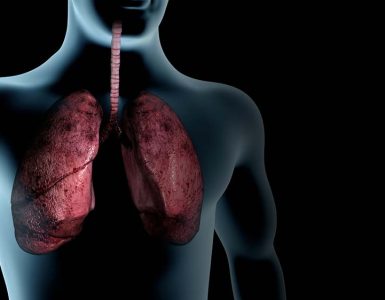For poultry producers across the globe, Mycoplasma gallisepticum (Mg) is among the top five disease challenges and can result in significant drops in productivity, and economic losses, and impact the welfare of the flock.
Mg is the causative agent of chronic respiratory disease in chickens and infectious sinusitis in turkeys and, chickens. They lead to huge economic losses in the poultry industry causing reduced hatchability and egg production, thereby increased costs of control which involve site cleaning and depopulation, and increased costs of medication and vaccination.
A new study is conducted to isolate and identify Mgin Commercial Layer Farms. Thus, to estimate its effects on the production performance of commercial layer hens and the efficacy of the most common disinfectants against it.
The result of the survey showed that Mg can survive in different reservoirs within a poultry farm, commonly including food, drinking water, feathers, droppings, or dust. As this infection can negatively affect several parameters of poultry production, therefore, good management and biosecurity practices are necessary to ensure its transmission.
The authors emphasize the evaluation of the disinfectants’ efficacy to minimize the microbial load. Improper sanitation procedures might be ineffective in disease control and further lowering the bird production performance. Cold-fogging resulted in the greatest reduction in M. gallisepticum count, the study concludes.
This research was published in the International Journal of Poultry Science,.
















Add comment